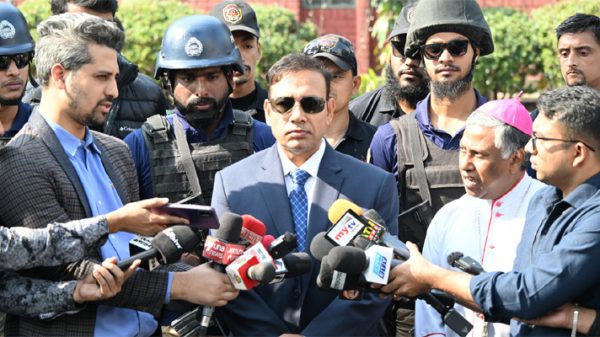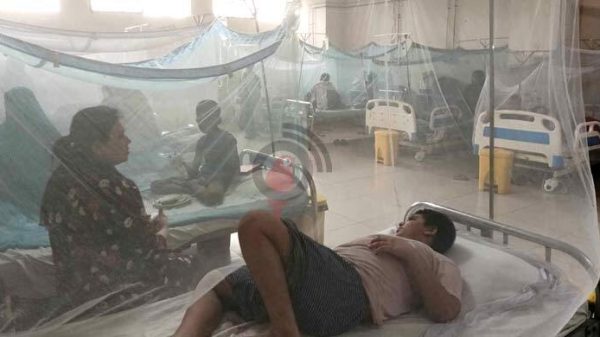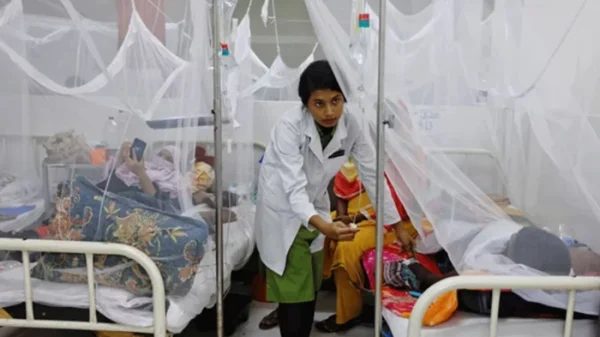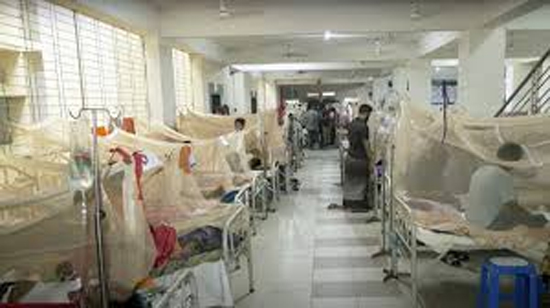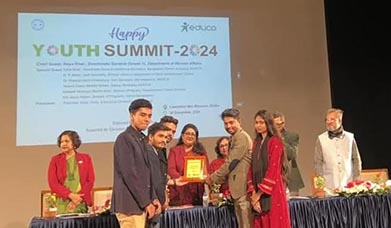Cardiac stent supply narrows as importers balk at price cuts

- Update Time : Tuesday, 30 January, 2024, 01:20 pm
- 119 Time View
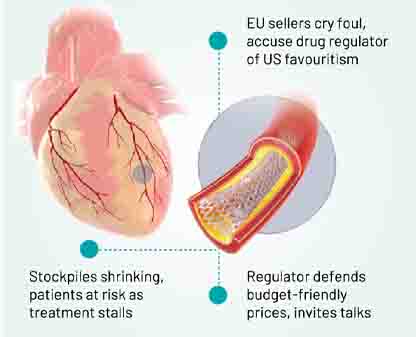
Online Desk: A recent cardiac-stent price cut by the drug regulator has triggered a standoff with some key importers, disrupting treatment for heart patients in major hospitals in Dhaka and exacerbating woes for an already-dollar-strapped healthcare-equipment supply.
The halt in supply by importers, primarily of European stents, follows a move by the Directorate General of Drug Administration (DGDA).
To address the “unreasonable” pricing of this life-saving device, the drug regulator in December last year lowered the prices by up to 46 per cent on 44 types of stents from 27 manufacturers.
“We are now using our dwindling stock of stents as there is no fresh supply of EU products after the price cut,” said Dr Kamrul Hasan, acting director of the National Institute of Cardiovascular Disease (NICVD).
Bangladesh needs 30,000-35,000 coronary stents per year. The country relies on imports, primarily from the US, European Union and some other nations.
Dr Hasan told The Financial Express that some patients have had to return from the hospital due to the supply crunch.
The institute — a specialised cardiovascular facility requiring 8,000-10,000 stents per year — only had around 350 in stock on Monday.
Dr Hasan said that EU stents have a significant market share due to their affordability and availability in various sizes.
“Stent imports were already under pressure due to ongoing dollar dearth,” said Prof Dr Abdullah Wadud Chowdhury, head of the cardiology department at Dhaka Medical College Hospital.
Dr Chowdhury, who is also a member of the government’s technical committee for stent pricing, told the FE that the current supply halt further restricts access to this life-saving medical equipment.
While elaborating on US and EU stents, he said cardiologists usually prefer US-made stents for their quality. However, EU stents offer a more accessible option for patients from middle and lower-income groups due to their price and size range.
EU stent importers unhappy over pricing shakeup
The drug regulator determined stent prices through a markup policy in 2017.
The markup was set at 1.42 per cent. It means if an importer brings in a stent at Tk 100, it will be sold at a maximum of Tk 142 including taxes and profit margin for importers and sellers.
Importers of European heart stents, who control roughly half the local market, are fuming over the recent price cut by the drug regulator.
The new pricing, however, is different from the previous one, according to Wasim Ahmad, president of the Medical Device Importers Association and an importer of European stents.
European stent importers allege the price cut discriminates against them and benefits US stent importers as US stent prices have not been cut “significantly”.
They even say the discrimination would drive patients to seek treatment in neighbouring India.
“This is discriminatory,” Mr Ahmad told the FE. “With the new prices, we wouldn’t survive in the market. The decision seems designed to benefit US importers and create a monopoly.”
He further claimed that certain EU stents now cost less in India than in Bangladesh after the price revision, which may prompt patients to travel abroad for treatment.
US importers counter
Md Anwar Hossain, an importer of US stents, refuted the claim of preferential treatment for US companies.
He agreed that the EU stent pricing deviates from the markup policy but denied any link to benefiting US importers.
He quickly linked the higher prices to government tax policies, with the new pricing assuming a higher dollar exchange rate than the black market rate.
Mr Hossain urged the government to revise its taxation policy, classifying heart stents as essential items and exempting them from VAT Deduction at Source (VDS) to reduce the overall cost for patients.
“I don’t know the taxation policy in neighbouring India, but it’s high in Bangladesh. We have to pay more to import the medical device,” he commented.
DGDA denies stent crisis claims
Md Nurul Alam, deputy director of the Drug Administration, denied any reports of a stent crisis in hospitals.
He defended the recent price cuts, saying, “We revised the price to benefit ordinary people and discipline the chaotic state of stent pricing in the country. We’ve cut the prices by 40-50 per cent, with some stents dropping from $900 to $500.”
Mr Alam maintained that the new prices are justified but said there could be dialogues between the drug regulator and the EU stent importers for further price adjustments.
He also warned of consequences for price violations, adding, “Our priority is not to help businesses flourish while patients suffer — it’s to benefit the people.”


